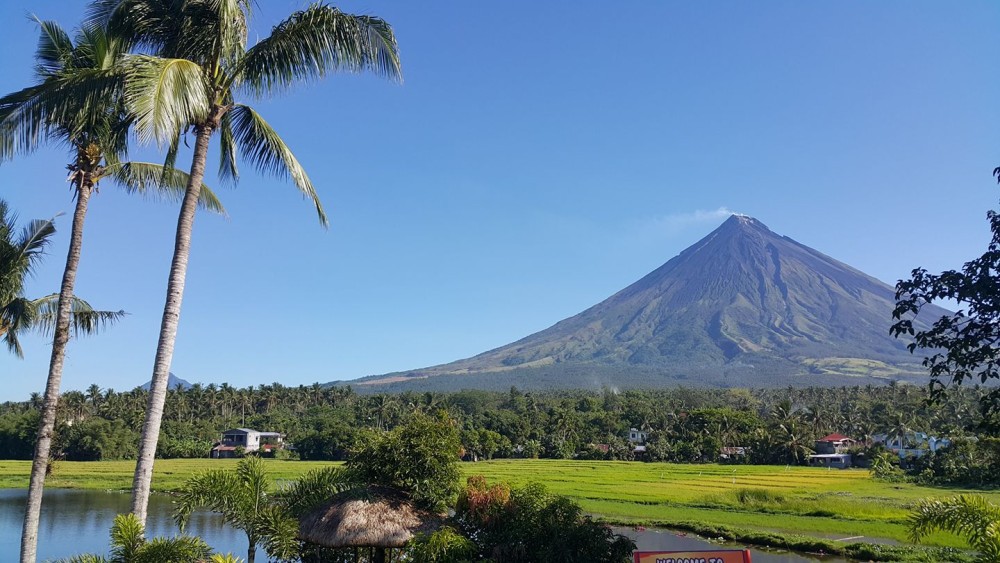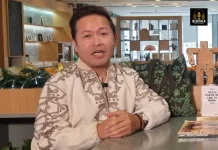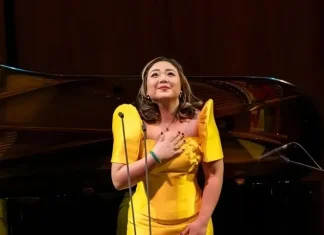
Researchers from the University of the Philippines Los Baños (UPLB) have found bacteria in the soils of Mayon Volcano in Albay, Bicol that may possess potential antibiotic and anti-colorectal cancer properties.
The specific bacterial isolate in Mayon soil with potential antibiotic and anticancer properties was identified as “Streptomyces sp. A1-08” by UPLB researchers, according to the Department of Science and Technology (DOST) report on August 3, 2021.
The group initially isolated 30 bacterial species from Mayon’s volcanic soils, with 13 of them showing various antibiotic activities in different test organisms that were known as pathogenic to humans or plants.
The research team assumed that the 30 isolates thriving in a unique environment such as Mt. Mayon’s volcanic soils will most likely produce unique chemical compounds that may have medical, pharmaceutical, and even cosmeceutical uses.
“But Streptomyces sp. A1-08 stood out because it has shown antagonistic effects on all test microorganisms and the methicillin-resistant Staphylococcus aureus or simply MRSA,” the DOST report said.
“Abundant in hospitals, MRSA is strongly resistant against antibiotics which makes treatment of infections more difficult. In fact, the WHO has declared antimicrobial resistance as one of the top 10 global threats to public health,” the DOST adds.
Kristel Mae P. Oliveros, the project leader and assistant professor in UPLB Microbiology Division expressed the research team’s high hopes in discovering a novel species.
“We have high hopes of getting new and novel species because this is a less explored environment, a volcano,” said Kristel Mae P. Oliveros, the project leader and an assistant professor in UPLB Microbiology Division.
Albert Remus R. Rosana, who joined the research with Oliveros and is currently a PhD student at the University of Alberta, Canada, explained that once confirmed that “Streptomyces sp. A1-08” is a new species, it will be named “Streptomyces mayonensis A1-08” in honor of the Philippines.
Joining Rosana and Oliveros in the groundbreaking research are Andrew D. Montecillo, Dr. Rina B. Opulencia, Arian J. Jacildo, Dr. Asuncion K. Raymundo, and the late Dr. Teofila O. Zulaybar, who are all from UPLB.
UPLB scientists have saved the world’s only freshwater sardine locally known as “tawilis” (Sardinella tawilis) from possible extinction.
Research conducted by UPLB has found that Philippine mango leaves’ extracts have shown great potential as cosmetics ingredients with good antioxidant, anti-aging, and whitening properties.
SEND CHEERS in the comments below to the researchers from the University of the Philippines Los Baños (UPLB) who have found bacteria in the soils of Mayon Volcano in Albay, Bicol that may possess potential antibiotic and anti-colorectal cancer properties.
Good News Pilipinas is celebrating its 15th Anniversary in 2021 by giving away prizes! Subscribe to our Good News Pilipinas! TV YouTube channel and enter the raffle by sending us an email to editor@goodnewspilipinas.com saying what you like about our site.










